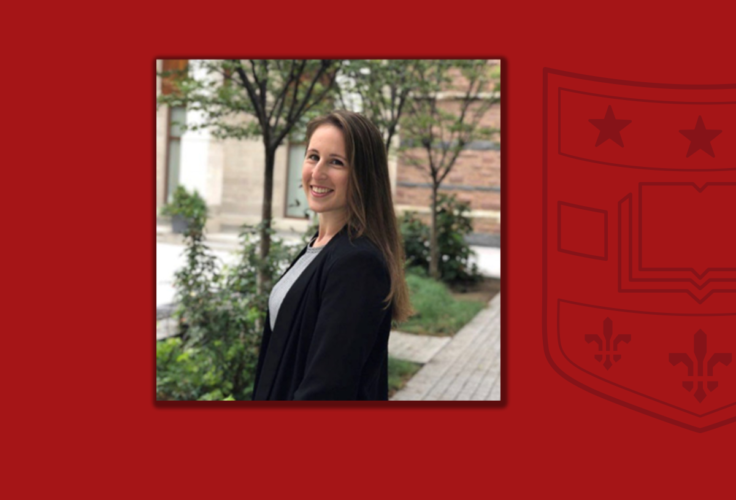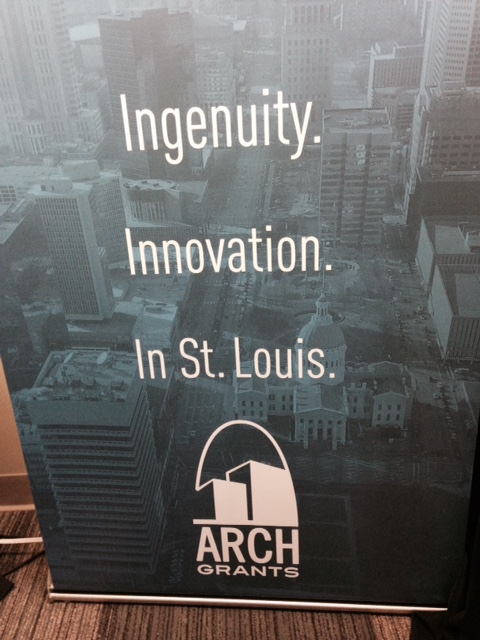Part of a series about summer internships from Olin MBA ’20 students. Today we hear from Claudia Otis, who worked at Microsoft as a finance intern.
How did I prepare for my interview/land the internship?
I applied to the finance position at Microsoft through Prospanica’s job portal. Shortly after, I got an email saying that they wanted to interview me at the career fair.
I researched the company and the cultural change it was undergoing since Satya Nadella became CEO.
I prepared behavioral and technical questions. For example, the reasons why I wanted to work in tech and at Microsoft after working in investment banking.
After I passed the first round, Microsoft called me for the on-site interview. I prepared by doing mock interviews with my career coach at the WCC and with another classmate who was also going to the final interview.
Once the day of the final interview arrived, I just tried to be myself, relate to people and be confident about my preparation. I was so happy when I got the email saying I got the position!
How I am using what I have learned at Olin during my internship?
At Olin, I improved my networking skills, which helped me during my internship to interact with different teams and people, expanding my network within Microsoft.
Thanks to my class of Power and Politics with Peter Boumgarden, I was aware of the politics within the company. I was able to read the room and navigate conversations taking the lessons I learned from the course into account.
The CEL project I did over the spring taught me how to work on a broad end-to-end project and manage relationships with the team and main stakeholders.
How the internship is preparing me for my final year at business school?
Managing my own project at Microsoft has helped me develop the confidence to lead a CEL project in the fall semester. I also feel more comfortable with broad or ambiguous projects. The internship at Microsoft gave me the opportunity to interact with very talented people, interns and full-time employees, and make new connections I can leverage during my last year of the MBA.




 I found the Microsoft Ventures program particularly interesting because it is a program that pairs a startup with a mentor company in order to help the business grow. This semester, I did a presentation on Arch Grants, and had the pleasure of learning about their entrepreneurial competition. Just as Microsoft Ventures aims to foster the entrepreneurial spirit of Israel, Arch Grants aims to do the same for St. Louis. Just as Arch Grants funds a number of companies located in T-Rex, a center for entrepreneurs to collaborate, both Israeli accelerators give different entrepreneurs a physical space to exchange ideas.
I found the Microsoft Ventures program particularly interesting because it is a program that pairs a startup with a mentor company in order to help the business grow. This semester, I did a presentation on Arch Grants, and had the pleasure of learning about their entrepreneurial competition. Just as Microsoft Ventures aims to foster the entrepreneurial spirit of Israel, Arch Grants aims to do the same for St. Louis. Just as Arch Grants funds a number of companies located in T-Rex, a center for entrepreneurs to collaborate, both Israeli accelerators give different entrepreneurs a physical space to exchange ideas.